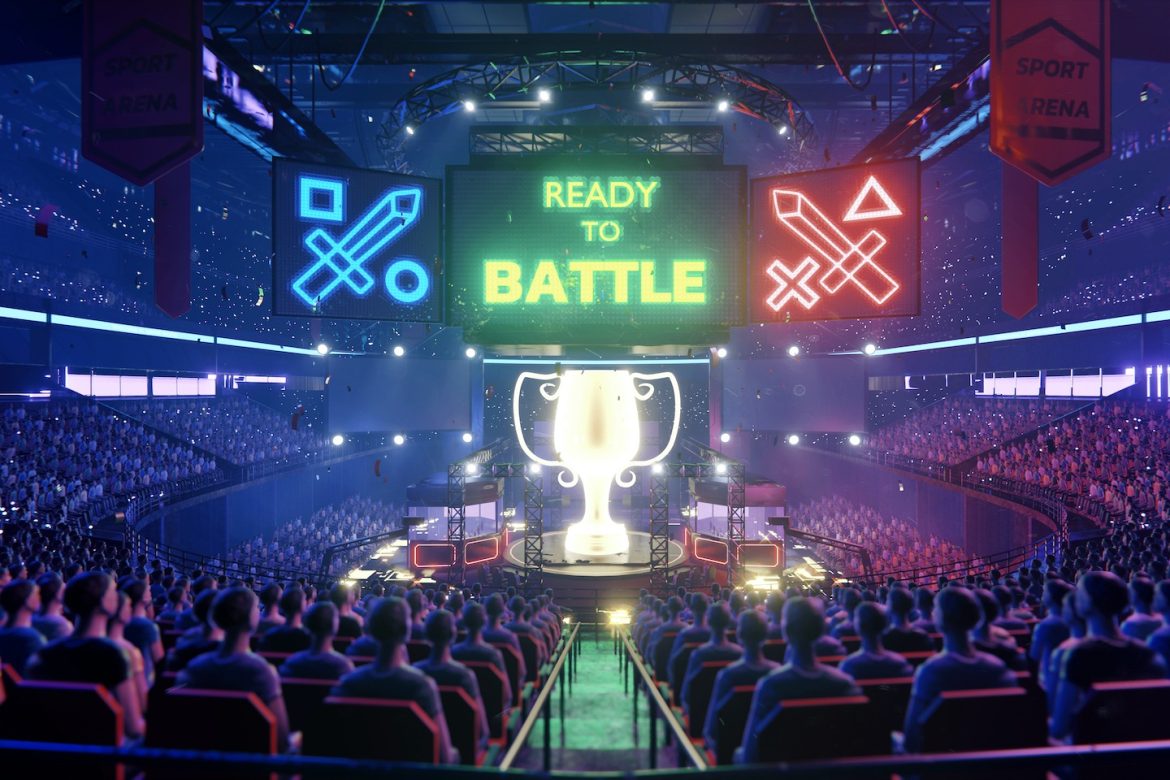As a seasoned technical copywriter with a decade of experience, I am excited to delve into the fascinating world of esports in 2023. Esports, once considered a niche hobby, has risen to unprecedented heights, solidifying its status as a mainstream sport. In this article, we will explore the remarkable journey of esports, its current state, and the factors propelling it towards even greater prominence.
The Evolution of Esports
From Arcade Competitions to Global Phenomenon
Esports has come a long way since its humble beginnings in the arcades and LAN parties of the 1970s and ’80s. What was once a subculture has grown into a global phenomenon, with millions of dedicated players and fans worldwide. The transition from local competitions to international esports leagues has been a driving force behind this transformation.
Diverse Game Titles
Esports is no longer limited to a single genre or game. It encompasses a wide range of titles, from first-person shooters like “Counter-Strike” and “Overwatch” to strategy games like “League of Legends” and sports simulations like “FIFA.” This diversity ensures that there is something for every gamer, expanding the esports audience.
Esports Infrastructure
Professional Teams and Players
The emergence of professional esports teams and players has elevated the industry. These organizations recruit top talent, provide training facilities, and compete in prestigious leagues, mirroring traditional sports franchises. The rise of esports celebrities has drawn more attention to the sport.
Major Esports Events
Esports events have grown in scale and importance. Tournaments like The International (for “Dota 2”) and the League of Legends World Championship offer multi-million-dollar prize pools, attracting top-tier competition and a global viewership that rivals traditional sports events.
Esports in Education
Collegiate and High School Leagues
Esports is making inroads into education, with many colleges and high schools establishing esports programs and leagues. These institutions offer scholarships to esports athletes, further legitimizing competitive gaming as a viable career path.
Skill Development and Career Opportunities
Esports programs not only foster competition but also provide opportunities for students to develop valuable skills in teamwork, communication, and problem-solving. Career paths in esports include game development, shoutcasting, coaching, and event management.
Esports Streaming and Broadcasting
Online Streaming Platforms
Platforms like Twitch and YouTube Gaming have become the primary avenues for esports content consumption. Live streaming of matches, player streams, and esports analysis has made competitive gaming accessible to a global audience.
Broadcast Partnerships
Traditional broadcasters are recognizing the value of esports. Partnerships between esports organizations and television networks bring competitive gaming to cable and satellite TV, making it more accessible to viewers who may not be familiar with online streaming.
The Role of Sponsorships and Investments
Sponsorship Deals
Major brands and corporations are investing heavily in esports. Sponsorship deals and partnerships provide financial support to teams and events, contributing to the growth of the industry. Esports jerseys adorned with sponsor logos have become commonplace.
Venture Capital and Franchise Investments
Venture capital firms and traditional sports franchises are increasingly investing in esports. Franchise-based leagues like the Overwatch League and the Call of Duty League mirror traditional sports structures and attract substantial investments.
Challenges and Considerations
Player Burnout and Mental Health
Esports professionals face rigorous training schedules and high-pressure competition. Player burnout and mental health concerns have come to the forefront, prompting organizations to prioritize player well-being.
Integrity and Fair Play
Esports has had its share of controversies related to cheating and match-fixing. Maintaining integrity and fair play is critical for the industry’s credibility, leading to the establishment of anti-cheat measures and regulations.
The Future of Esports
Continued Growth
The future of esports looks exceptionally bright. With increasing investments, a growing fan base, and global recognition, esports is set to continue its exponential growth trajectory.
Olympic Aspirations
Esports is striving for recognition as an Olympic sport. Inclusion in the Olympics would further legitimize competitive gaming and introduce it to a broader audience.
Conclusion
In conclusion, esports has transcended its origins as a niche subculture to become a mainstream sport that rivals traditional athletic competitions in popularity and viewership. Its diverse game titles, professional infrastructure, educational integration, streaming accessibility, and corporate investments have propelled esports to new heights.

